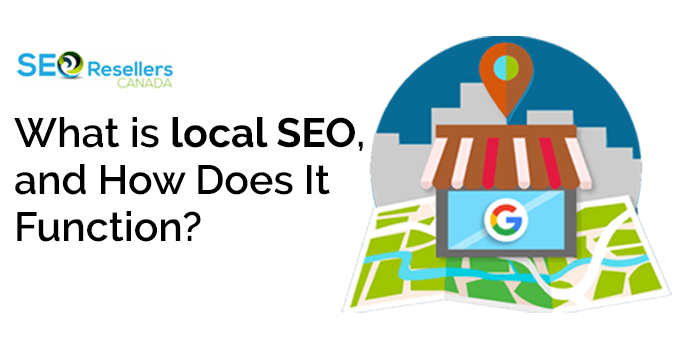With the digital age, Google Search has become our first point of reference for information. When it fails to work, it’s like losing an essential link to the virtual world. Whether you’re working or travelling, having problems with Google Search can be annoying.
This article delves into the most common reasons why Google Search may not be functioning for you and offers real-world solutions to get you back on track. From simple connectivity issues to more advanced technical problems, we’ll discuss everything you need to know to restore your search functions in no time.
1- Common Reasons Why Google Search Isn't Working
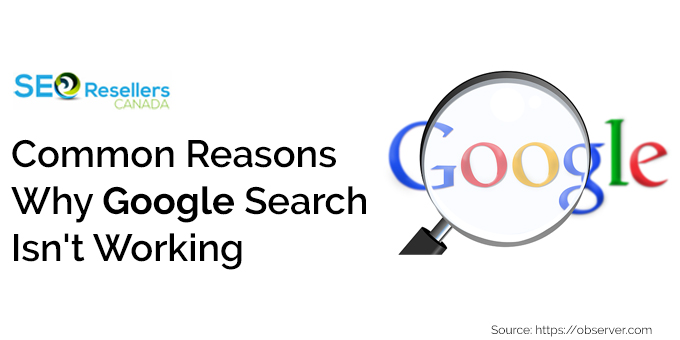
1.1- Internet Connectivity Issues
The most basic reason for Google Search problems is often the simplest: your internet connection. Before assuming something is wrong with Google itself, check if your internet connection is stable.
Quick Solutions:
- Restart your router and modem
- Check if other websites load properly
- Try connecting to a different network if possible
- Test your internet speed using online tools
Connectivity problems on the internet are the cause of around 40% of all problems accessing search engines. Spending a minute checking that you are indeed connected can save time spent sorting out more severe problems.
1.2- Browser-Related Issues

Your browser has a significant role in how Google Search works. Old browsers, too much cache and cookies, or unneeded extensions can all cause problems with Google.
Speedy Fixes:
- Clear your cache and cookies in your browser
- Update your browser to the current version
- Temporarily disable browser extensions
- Use Google Search in incognito/private mode
- Test Google Search in another browser
Browser incompatibility issues can influence how you structure your SEO strategies. Most experts are not aware that old browsers can misread current web standards, which impacts the way search results look.
1.3- Google Service Outages
Yes, Google does go down sometimes. It’s a rare occurrence, but it impacts millions of users globally.
Rapid Fixes:
- Verify on Google’s formal service status website
- Check with experts like Search Engine Roundtable for articles on possible outages
- Seek trending posts from social media channels
- Wait a while and check again later in case of an outage confirmation
Typically, the service disruptions are fixed in 1-2 hours. For urgent searches during this period, you may utilize alternative search engines like Bing or DuckDuckGo.
1.4- Account-Related Issues
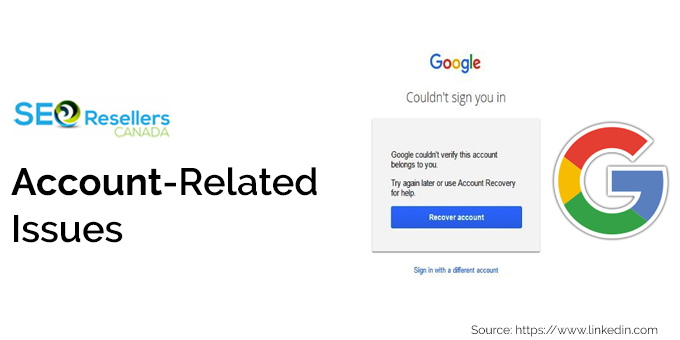
As long as you are logged in to your Google account when doing the search, account issues would impact your functionality for search.
Quick Solutions:
- Sign out and sign in to your Google account
- Look to see if there are warnings or restrictions on your account
- Double-check you aren’t up against any usage limits (specifically important to API users)
- Log out and search
Many digital marketing campaign strategies depend substantially upon Google’s infrastructure. If issues with your accounts happen, they can halt not only searching but also corresponding marketing efforts.
1.5- Security Software Interference
Overzealous antivirus software, firewalls, or VPNs can block or limit access to Google services.
Quick Fixes:
- Disable your firewall or antivirus temporarily
- Put Google domains on your security software’s safe list
- Switch to an alternate VPN server location, or disable your VPN
- Update any security software
Security settings that aim at boosting visibility of threats can, at times, generate false positives for valid services such as Google Search.
1.6- Regional or Network Blocks
In certain areas or on specific networks (like corporate or educational), access to Google or specific search functionality can be blocked.
Quick Fixes:
- Ensure that Google is available in your area
- Review your firm’s network settings
- Utilize a VPN to get around regional blocks (permitted by law)
- Seek help from your network administrator
Organizations using AI SEO strategies occasionally find themselves dealing with unforeseen clashes with network security controls that temporarily stop search engine access.
1.7- Device-Specific Issues
Oftentimes, the issue lies not with Google or your internet, but rather with your own device.
Fast Fixes:
- Restart your device
- Update the operating system on your device
- Free up sufficient free memory space on your device
- Restore your device’s network settings
Technical problems with a device can be frustrating in the sense that sometimes they may limit specific functionality, while at other times they do nothing.
1.8- Google Algorithm Update

Google adjusts its algorithms with frequency, often changing the temporary display of search results or their functioning.
Quick Solutions:
- Stay up to date with the latest Google updates
- Check the Ahrefs Blog for updates on algorithm changes
- Tighten your search queries to be more precise
- Experiment with other search operators or advanced searching methods
For anyone writing SEO friendly content, one needs to sustain visibility during these changes and must be aware of algorithm changes.
2- Technical Solutions for Reoccurring Issues
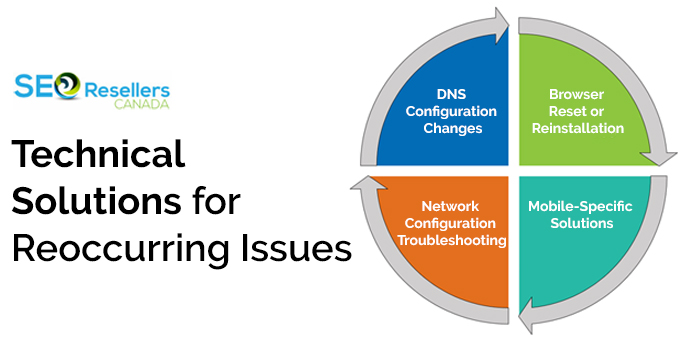
If the above quick fixes fail to address your issue, use these more technical methods:
2.1- DNS Configuration Changes
DNS (Domain Name System) problems can cause your device not to resolve Google’s web addresses correctly.
Steps to Fix:
1. Modify your DNS settings to public DNS services such as Google DNS (8.8.8.8 and 8.8.4.4) or Cloudflare (1.1.1.1)
2. Clear out your DNS cache (dependent on the operating system)
3. Reset your TCP/IP stack
These modifications may get your device to connect with Google’s servers better and can, in some cases, significantly speed up search performance.
2.2- Browser Reset or Reinstallation
When browser issues continue, a more extreme solution may be required.
Steps to Fix:
1. Reset the browser to default settings
2. If reset fails, uninstall and reinstall the browser
3. Begin with minimal extensions when reinstalling
4. Import only the necessary bookmarks and data
Numerous SEO agency experts suggest having several browsers, exactly because browser-specific issues can disrupt workflow.
2.3- Network Configuration Troubleshooting
For advanced users, network configuration problems may be the cause.
Steps to Fix:
1. Check for IP address conflicts on your network
2. Check your proxy settings
3. Use network diagnostic tools
4. Test your connection on alternative ports
Generative engine optimization methods usually depend on stable, consistent network connections to accurately examine search patterns and performance.
2.4- Mobile-Specific Solutions
Mobile phones offer specific challenges when Google Search is not functioning.
Steps to Fix:
1. Clear the Google app cache and data
2. Make sure the Google app has the proper permissions
3. Check for app updates
4. Check data saver or low data mode options
Mobile optimization is becoming vital to enhance digital footprint on every kind of device.
3- When to Seek Expert Assistance?

Some issues with Google Search necessitate professional assistance. This is particularly among corporate users who rely heavily on the search feature. Knowing when and how to transition from do-it-yourself to professional help will save you time and money.
Consider seeking expert help if –
- Issues persist despite all efforts.
- Several users inside your firm are experiencing the same difficulty.
- The issue corresponds with major website changes.
- Search functionality is essential for your business procedures.
- You notice unusual patterns in search availability (works on certain PCs but not others).
- Search issues coincide with website ranking losses or traffic drops.
- Your company relies on regular Google Search updates for stock or pricing data.
- You’re experiencing issues with multiple Google services at once.
When choosing professional help, seek out experts who have specific experience with Google Search troubleshooting instead of general IT support. These individuals tend to have direct ways to report issues and access specialized diagnostic tools that the ordinary user cannot use.
Most companies resort to SEO outsourcing professionals who are expert diagnosticians when it comes to unraveling intricate search engine integration issues. These experts can usually see what others may not, like server setup issues, robots.txt issues, or Google Search Console warnings that could be impacting the search function.
For large-scale businesses, have them get into a relationship with a technical SEO consultant before issues occur. This gives them a head start on knowing your systems and reacting better in key search downtime situations. Several big players keep service level agreements (SLAs) with search experts specifically for such emergencies.
Keep in mind that the expense of professional assistance must be balanced against the business cost of ongoing search disruption. For e-commerce companies, content publishers, or information services where search is a part of operations, even a few hours of search issues can lead to substantial revenue loss or customer dissatisfaction.
4- Preventive Measures to Avoid Future Issues
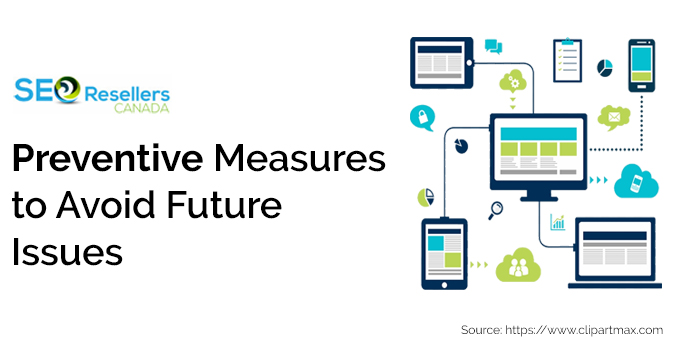
Taking proactive measures can help you prevent Google Search issues in the future:
4.1- Regular Maintenance
- Clear the browser cache and cookies every month
- Update all software as soon as possible
- Regularly restart devices
- Monitor the quality of your internet connection
4.2- Backup Search Strategies

- Bookmark other search engines
- Store valuable information offline
- Build search abilities on different platforms
- Establish emergency protocols for essential search requirements
4.3- Stay Informed
- Track Google’s official blog for updates
- Subscribe to tech news sources
- Participate in applicable online forums
- Receive alerts for Google service status
4.4- Optimize Your Search Habits
- Master advanced search operators
- Build effective search workflows
- Effectively organize search results
- Improve critical assessment capabilities for search outcomes
By having these preventive controls in place, you can avoid major disruption in the event of Google Search breakdowns.
5- Capitalizing on Search Alternatives during Outages
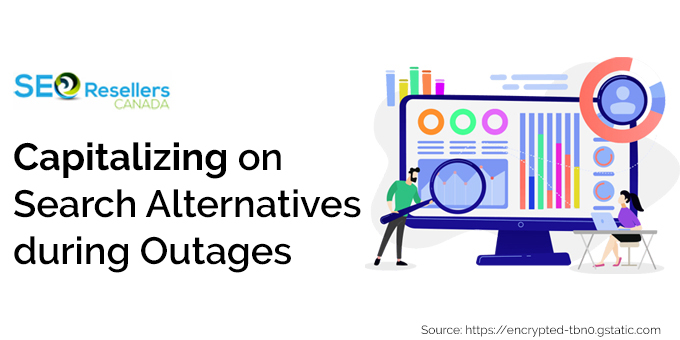
When Google Search is unavailable, having effective substitutes at hand makes all the difference between slight discomfort and significant interruption. Strategic readiness enables you to stay productive despite your main search resource breakdown.
Aside from familiar alternatives like Bing and DuckDuckGo, consider special-purpose search engines for specific needs. Wolfram Alpha is great for computational and factual searches, and the eco-friendly Ecosia caters to environmentally aware consumers. For scholarly research, resources such as Google Scholar have dedicated competition such as Semantic Scholar or Microsoft Academic.
Having a search contingency plan is particularly worthwhile for companies launching digital marketing campaign strategies that rely on search engine data. The plan should contain pre-determined alternative data sources, backup research practices, and defined responsibility delegations during outages.
For critical business needs, consider using a multi-search approach. This strategy involves using several search engines at once for major queries, comparing results to guarantee thorough coverage. Although more time-consuming, this method offers fault tolerance against single-engine failures.
Local searching features also merit consideration. Desktop search applications such as Everything (Windows) or Spotlight (Mac) can be used to index local files, enabling rapid access to previously downloaded information when online searching is not feasible. Companies must have well-organized digital repositories that are available even during internet outages.
Keep in mind that search engine preferences are intensely personal. Test alternatives during non-critical times to determine which platforms are most suitable for your particular needs and workflow habits.
6- The Reliability of Future Search
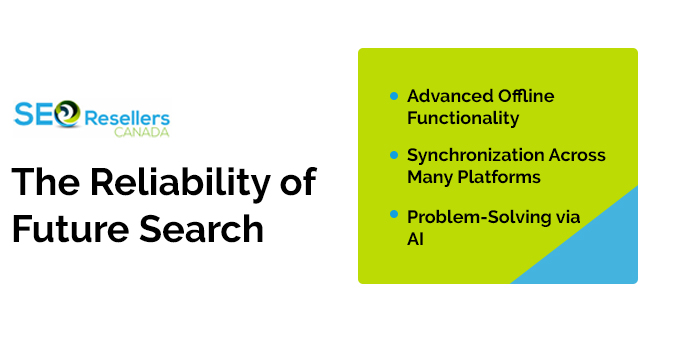
The more search engines we depend on, the more important reliability is. Google still invests heavily in its infrastructure to improve resilience and make performance better.
Coming developments set to enhance the reliability of searching include-
6.1- Advanced Offline Functionality
- Better storing of recent search histories
- Increased offline access to earlier viewed outcomes
- Local ability to process search requests
6.2- Synchronization Across Many Platforms
- Transparent transfer between devices
- Consistency of search throughout all platforms
- Backup search paths for use when preferred options fail
6.3- Problem-Solving via AI
- Automatic search problem detection and correction
- Personalized troubleshooting suggestions
- Predictive maintenance notifications
These innovations will contribute to building a more robust search experience for everyone.
7- The Last Word
Google Search issues vary from basic connectivity problems to intricate technical issues. By methodically going through the possible causes and solutions presented in this article, you can quickly fix most search issues and continue searching for what you need.
Keep in mind that no technology is foolproof, not even Google—there are hiccups now and then. Having backup search strategies and keeping your digital tools up to date will ensure you’re ready when issues arise to deal with them effectively.
Whether you’re a casual searcher or someone whose livelihood relies on search functionality, knowing these typical problems and solutions gives you the power to take control of your online searching experience and reduce interruptions when they do happen.

















